Let's Talk
Ayn Rand world: government
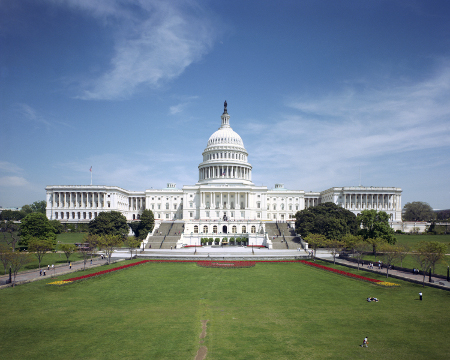
Tax season is a good time to review the Ayn Rand theory of government, and what services she found necessary and proper to good order. Those services all deal with the basic mission of government: to manage force.
Did Ayn Rand find government necessary?
Ayn Rand never advocated anarchy. Even the “voluntary association” she portrayed in Atlas Shrugged was not an anarchy. It was a feudal society, with one landlord and many renters, sub-renters, and other occupants. All members of that society accepted the fundamental “trader’s principle,” else they would not be members. In all her letters and speeches about her work, Ayn Rand never suggested that this most gated of gated communities could ever be a model for a larger community of men.
A criminal takes wealth by force or fraud, tries to do this, or makes a “career” doing this. The typical “criminal” is internal, because he lives inside society. The external criminal, living totally outside the law, is either a “terrorist” or an armed invader.
Any society must use some kind of force to support itself in a human world. The larger community that calls itself “humanity” will always have its criminals. So a society must keep the criminals out (like Mulligan’s Valley in Atlas Shrugged) or stop criminals when they act.
Murray N. Rothbard once described a “society without a state” and how it might work. He described private “police,” and private arbiters (“courts”) that various parties contracted to take their disputes to. Ayn Rand rejected that idea. Competing bodyguard forces, she said, might soon fall out in bloody civil war as soon as one person broke the rules that one force lived by and sought the other force to protect him. More broadly, Ayn Rand recognized that society must manage force, and organize to use force to retaliate against those who use it first. Otherwise everyone must carry a gun everywhere, fortify his home, “shoot first and ask questions later,” or join his own club, or gang, of like-minded people. Society thus breaks down into what most people think of when they hear the word anarchy, which is: chaos.
Rothbard also forgot one critical point: how does a society defend against an outside person, group, or other society that wants to raid, plunder, or conquer it? Or worse yet: destroy it out of spite? Rothbard held that no society could work unless most of its members were willing to behave themselves. But how if the outside world would not “behave itself”? Rothbard never considered that. Ayn Rand did.
Government services
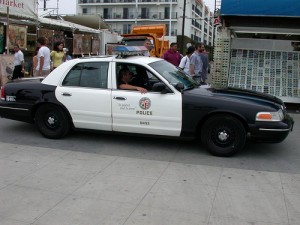
Police cruiser, Los Angeles Police Department. Photo: User cliff1066â,,¢/Flickr, CC BY 2.0 Generic License
Ayn Rand recognized three, and only three, services that government should and must do for people. All have to do with managing force and protecting people’s lives, liberties, and properties. They are:
- Police, to protect people from criminals (that is, internal criminals).
- Armies and navies, to protect people from external criminals, meaning those seeking to invade, conquer, or destroy from spite.
- Courts of law, to settle disputes. Courts also tell those who command the police and the armies and navy what they may or may not do.
The Constitution of the United States, as James Madison and his colleagues originally wrote it, stuck to these principles, with one minor exception:
The Congress shall have the power…to [set up] post offices and post roads.
The Constitution further refined the basic model of a government limiting itself to managing force. It separated the power to make laws from the powers to execute and interpret them. It further reserved armies and navies to the federal government, except in time of immediate invasion or similar emergency. It reserved police to State governments (except for policing the capital city and the “forts, magazines, arsenals, dockyard, and other needful buildings” of the armed forces and the civilian administration).
What are taxes?
The word tax comes from ancient Greek words and roots that stand for order. Taxes are moneys that people pay someone to keep order. Paul of Tarsus recognized that taxes (or tributes as he called them) have their place in paying those who manage force in society. (See Romans 13:1-7.)
Ayn Rand believed that taxes should be voluntary. But she never suggested how to collect enough taxes to pay for the “insurance” against unlawful force that government gives people. The closest she came to suggesting a way to collect the “insurance premium” was a government lottery. More broadly, she suggested that people must first regain their freedom, and then work out how to pay for government voluntarily.
However a “fully free” government would collect its taxes, it would not have to collect nearly as much if it had to pay for only the three services that this article describes. Though Ayn Rand did not describe this fully, anyone can readily see that:
- These three services today account for less than half the total direct or “money” cost of government.
- Removing all services beyond these three would lift the opportunity cost of government.
That second point is critical. In an “Ayn Rand world,” the tax base would be larger, and the tax burden less, than they are today. So the tax rates would be lower than ever.
“Progressives,” of course, do not wish to live, or run a government, within these limits. They see taxes, not as the price of order, but as a true tribute. They say that “the rich” (meaning those not members of the ruling clique or its client base) owe this tribute to the ruling clique and its client base. A burglar, or robber, is an “unauthorized tax collector” to them. Those who scream the loudest that “the rich do not pay their fair share of taxes” do not even wish to keep order, which is what the word tax means, and what taxes are for.
So the “Ayn Rand world” isn’t so horrible after all.
This is the first article in the “Ayn Rand world” series. The next article will treat regulations, and who should make and enforce them.
[amazon_carousel widget_type=”ASINList” width=”500″ height=”250″ title=”” market_place=”US” shuffle_products=”True” show_border=”False” asin=”0451233263, 0452281253, 0451191153, 0452011876, 0451163931, 0451147952, 0451163087, 0451149165, 0452264863, 0452011841″ /]

Terry A. Hurlbut has been a student of politics, philosophy, and science for more than 35 years. He is a graduate of Yale College and has served as a physician-level laboratory administrator in a 250-bed community hospital. He also is a serious student of the Bible, is conversant in its two primary original languages, and has followed the creation-science movement closely since 1993.
-
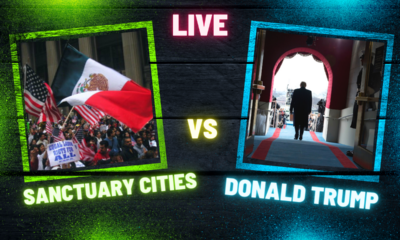
 Civilization4 days ago
Civilization4 days agoThe Theory and Practice of Sanctuary Cities and States
-

 Civilization5 days ago
Civilization5 days agoAmerica Can’t Secure Its Future on Imported Minerals
-

 Civilization5 days ago
Civilization5 days agoCompetition Coming for the SAT, ACT, AP, and International Baccalaureate
-

 Civilization2 days ago
Civilization2 days agoThe Minnesota Insurrection
-
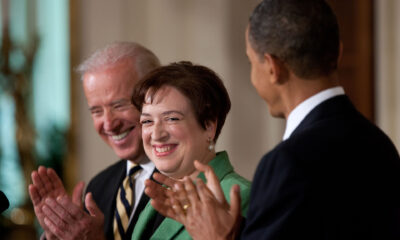
 Civilization3 days ago
Civilization3 days agoSupreme Court Orders CA Dems To Justify Prop 50 Maps
-

 Education2 days ago
Education2 days agoFree Speech Isn’t Free and It Cost Charlie Kirk Everything
-
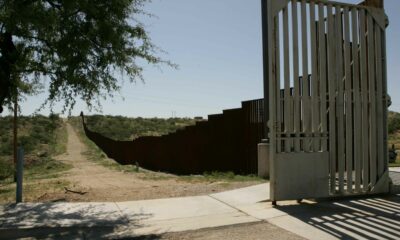
 Civilization2 days ago
Civilization2 days agoThe Campaign Against ICE Is All About Open Borders
-

 Executive1 day ago
Executive1 day agoWaste of the Day: U.S.-Funded International Groups Don’t Have to Report Fraud



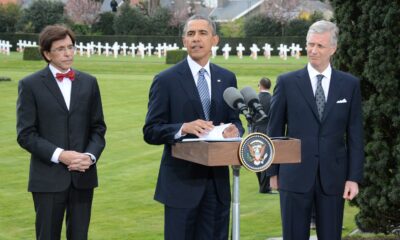



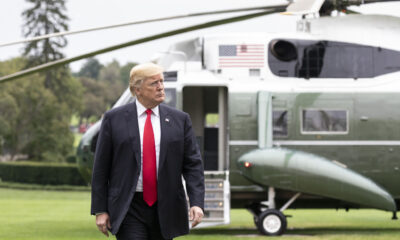



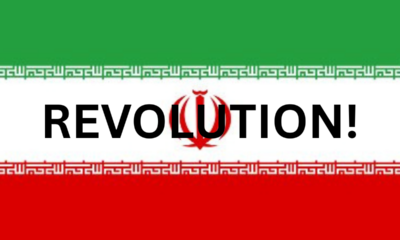

[…] Government having only three functions and agencies: police (mostly local), military (mostly national), and judiciary (all levels) […]
[…] that private persons and private companies should own and keep up all streets and roads. The government, she said, should worry only about using force when it had to, against those who wrongfully use […]
[…] Rand best explained the three things that government ought to […]
[…] government is not a social club. Government manages force so that people over whom it holds sway can get along without force or […]